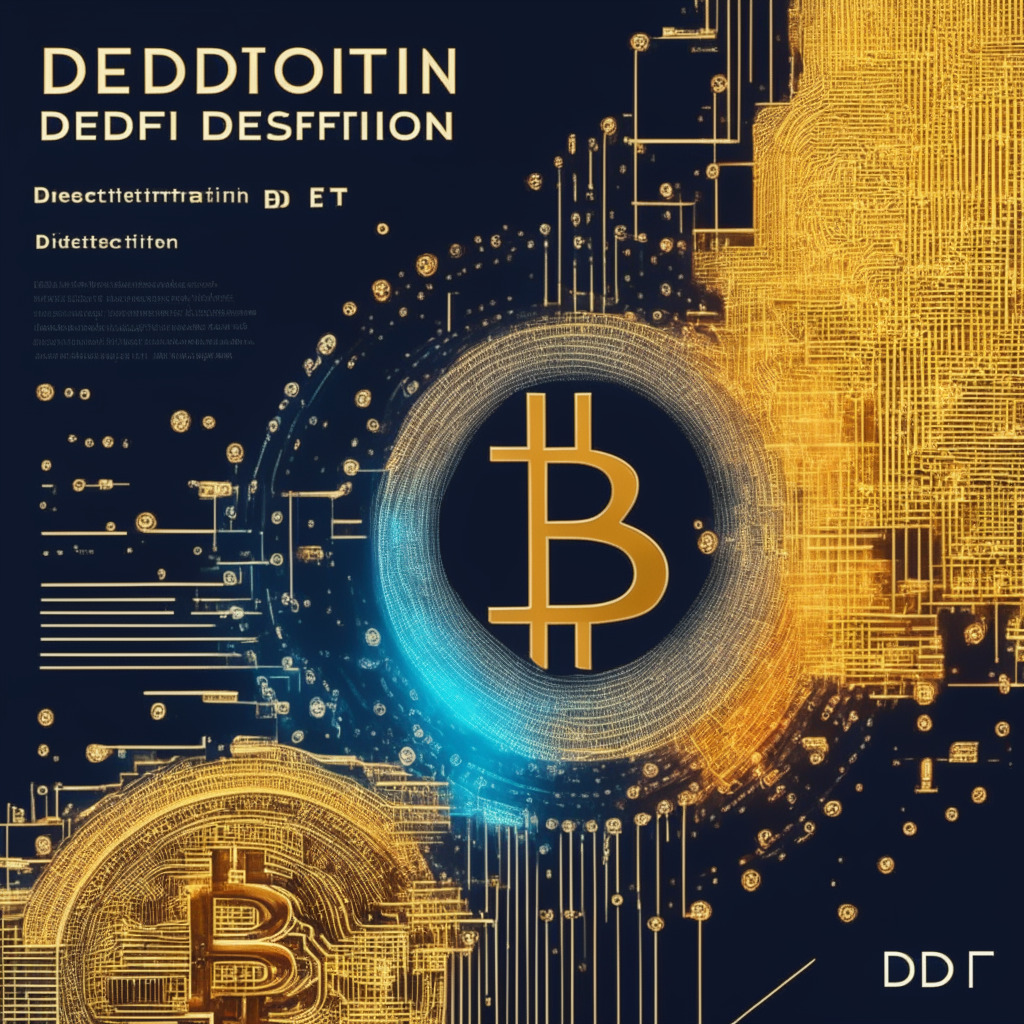Almost 25,000 investors have signed up to trade alongside ChatGPT as they follow the GPT Portfolio experiment from copy trading firm Autopilot. These traders have bet a combined $14.7 million on the AI’s stock picks, which averages about $600 each, if they all invested after signing up. They’re hoping to take even a small slice of a purported 500% return from one of the strategies backtested in academic research.
The GPT Portfolio has the AI analyze 10,000 news articles and 100 company reports to select 20 stocks for the $50,000 portfolio, updated each week. The initial picks included Berkshire Hathaway, Amazon, D.R. Horton, and Davita Health. After two weeks, the portfolio is up around 2%, which is pretty much the same as the general stock market.
However, it’s worth being cautious using AI for trading. Crypto derivatives platform Bitget recently abandoned its experiment of using AI on the platform due to the potential for misinformation. A survey of its users found 80% of users had a negative experience with AI, including false investment advice and other misinformation.
Bitget Managing Director Gracy Chen warns that AI tools, while robust and resourceful, lack the human touch necessary to accurately interpret market nuances and trends.
On the other hand, the GPT Portfolio experiment demonstrates that AI has potential in assisting trading decisions. Despite some setbacks, the rapid development of AI shows that it could still be an essential tool in various sectors like finance.
Skeptics argue that large language models like ChatGPT are not going to lead to artificial general intelligence (AGI). They claim these models don’t understand anything and can’t logically infer meaning. However, proponents see rapid progress in AI technology and believe in the possibility of achieving AGI within a few years or a decade.
AI job losses are another concern. Goldman Sachs suggests 300 million jobs will be lost to automation, while The World Economic Forum tips 83 million jobs will go in the next five years alone. These job losses could potentially lead to massive disruptions and unrest.
In conclusion, AI trading tools such as ChatGPT might have potential in assisting traders in making stock picks, but it’s essential for investors to be cautious with these AI-driven decisions and not rely solely on them. The ongoing debate surrounding AI’s true potential and its impact on job losses are topics that need to be carefully considered as AI technology continues to advance.
Source: Cointelegraph




